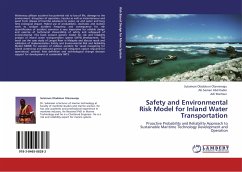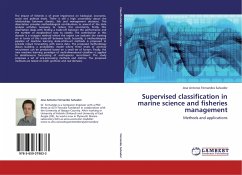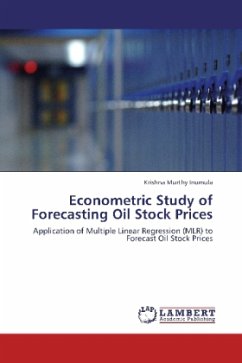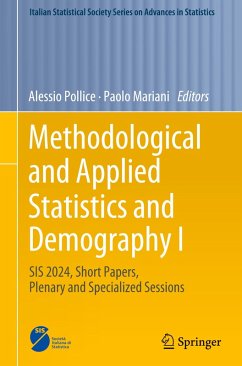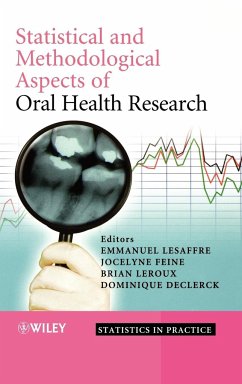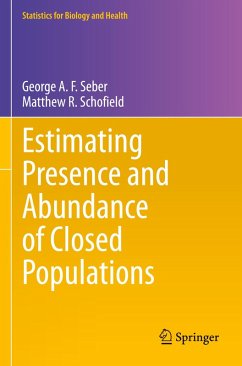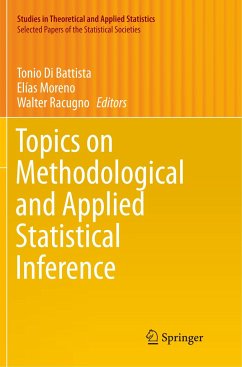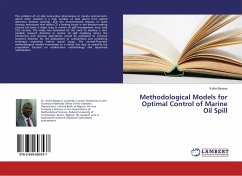
Methodological Models for Optimal Control of Marine Oil Spill
Versandkostenfrei!
Versandfertig in 6-10 Tagen
19,99 €
inkl. MwSt.

PAYBACK Punkte
10 °P sammeln!
The problem of oil slick look-a-likes phenomena in marine environment, which often resulted in a high number of false alarms from optical detectors (remote sensing), and the environmental impacts of some cleanup techniques that makes CD a limiting factor in the decision-making process has been a major snag in marine oil spill management since early 21st century. This study was motivated by the need to develop a new possible research direction in marine oil spill modeling where the monitoring and cleanup alternatives would be optimized to enhance locations selection for the deployment of contai...
The problem of oil slick look-a-likes phenomena in marine environment, which often resulted in a high number of false alarms from optical detectors (remote sensing), and the environmental impacts of some cleanup techniques that makes CD a limiting factor in the decision-making process has been a major snag in marine oil spill management since early 21st century. This study was motivated by the need to develop a new possible research direction in marine oil spill modeling where the monitoring and cleanup alternatives would be optimized to enhance locations selection for the deployment of containment and combating technique evaluation before actual usage. The control-Theoretic methodological models formulated as a critical first step to objectify the proposition focused on combination methodology and sequential optimization.



